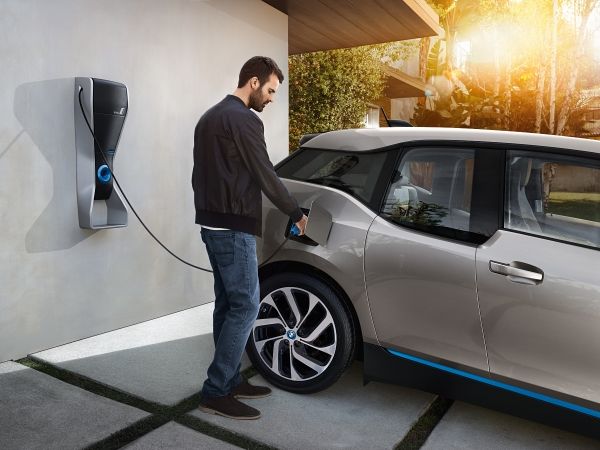Only 8% of electric vehicle charging will be carried out using public network infrastructure over the next decade, according to the newly formed EV research service at consultancy Delta-ee.
The research used 10,000 responses from the UK-wide survey analysis to determine what factors affected people’s charging preferences and derive a preferred charging mix – if all options were available, public charging would account for 8% of this.
Respondents were filtered down to 1,000 who were considered likely to be the ‘early adopters’ that would make up the next wave of drivers to buy EVs over the next five years.
According to Delta-ee, this will mark a change from the ‘innovators’ phase, which sees the very first 2.5% try out the technology, and is where the following 13.5% of EV drivers will take over.
The research argues that home charging will remain the leading source of EV charging for these early adopters, with 85% having access to off-street parking. Half are expected to be ‘urban commuters’, carrying out their charging at both home and at work. The remaining drivers would be either urban drivers who could use public chargers when needed, or ‘home dwellers’ unlikely to use anything more than residential chargers.
“Public charging infrastructure is expected to be important for addressing range anxiety but will account for a small portion of total charging,” it concludes.
Alexander Lewis-Jones, analyst at Delta-ee, said: “The EV revolution will be just that – a revolution. EVs have the potential to change not just the cars we drive, but how we buy and service them, the shape of our electricity infrastructure and even who we buy electricity from.
“No one can take anything for granted and an understanding of tomorrow’s customers and their needs is absolutely essential to make the most of these opportunities.”
Delta-ee’s findings fly in the face of many other forecasts for EV charging deployment, many of which discount the role of home and workplace charging in favour of an emphasis on public charging.
A recent study by Emu Analytics argued that there was a shortfall of 85% in the required number of charging points for a projected one million EVs by 2020, referring only to the public network which it said would need to offer one charger for every ten EVs.
It cited an RAC report from September 2017 to say that while 80% of EV drivers have access to home charging, 93% use the public charging network.
This was however altered from the RAC’s original report, which instead said: “Although nearly all (93%) EV owners use the [public charging network], over 80% have access to home charging and this is where most of their charging takes place.”
The latest figures put the number of EVs in the UK at over 146,000, in contrast to around 17,500 charger connectors at over 6,000 locations. In addition, the Department for Transport confirmed earlier this year that over 85,000 home chargers had been claimed via its home grant scheme, while around 20,000 workplace and commercial chargers are thought to be installed.
By comparison, there are around 9,000 petrol stations in the UK for over 37 million conventionally fuelled vehicles.
For more on the current state of EV charging infrastructure in the UK, click here for an in-depth look at ‘Driving Change – How the UK is ready and waiting for the electric future of transport.





